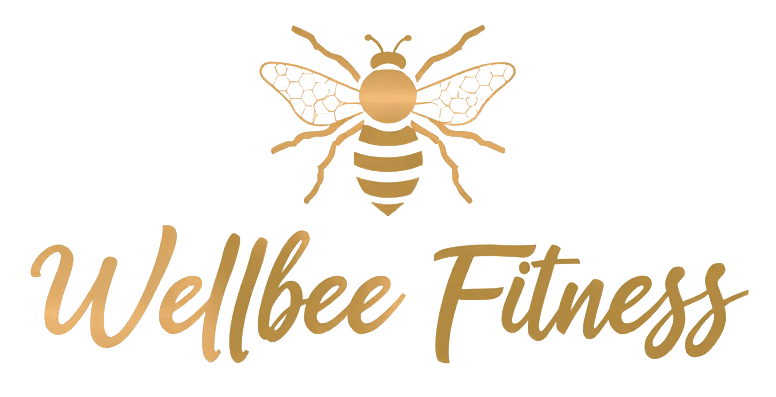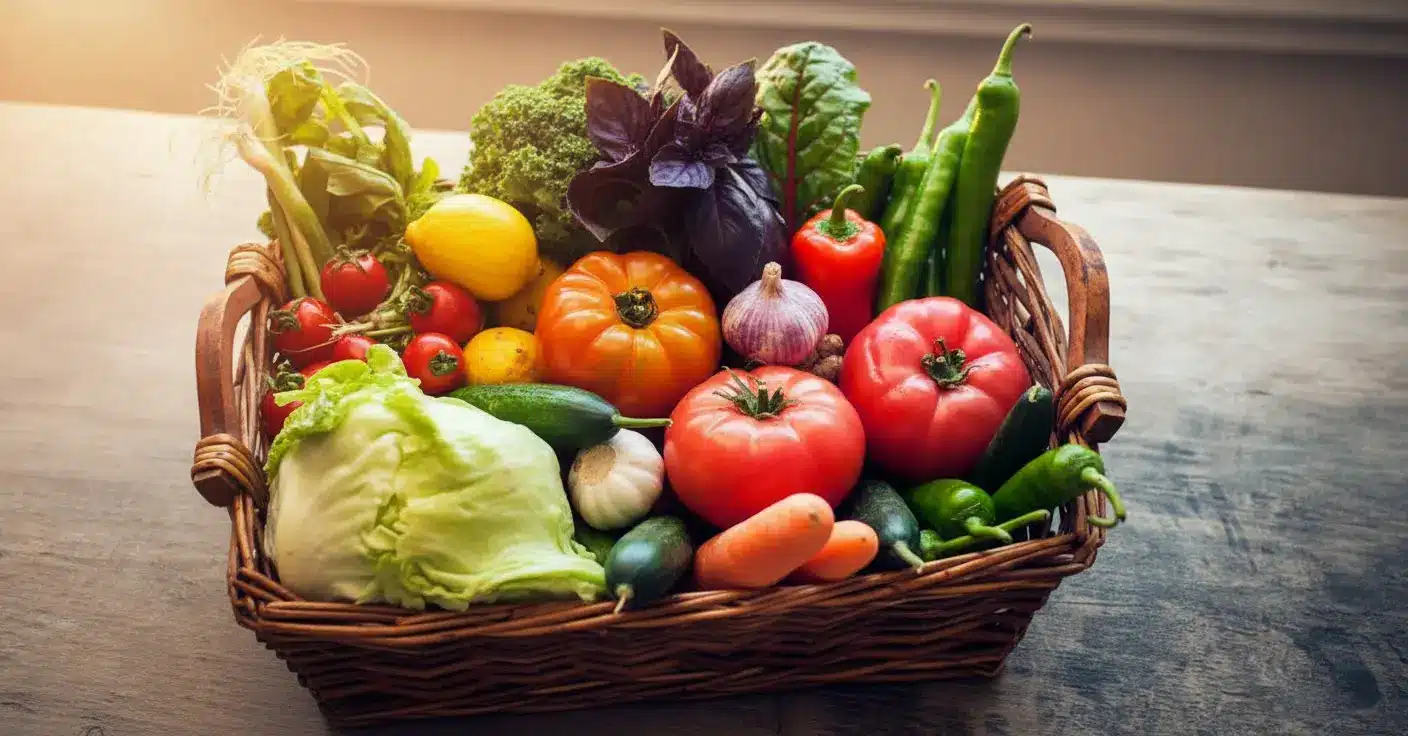If you consider yourself a cautious shopper, always peering suspiciously at the fruit and vegetable aisle, here’s a scoop worth your attention: not all produce is created equal. When it comes to pesticide contamination, some veggies top the charts in a way that is, frankly, quite unappetizing. But fear not—knowledge is power, and you might just come away with a fresher, safer (and possibly greener) shopping cart after reading this.
Why Go Organic at All?
If you’re aiming to eat better and be more mindful about what you buy, you’ve likely eyed those organic fruits and vegetables. They’re often pricier—let’s face it, your wallet feels it—but sometimes you have to make strategic choices about what to buy organic and where you can ease up without worry.
Here’s some context: in recent years, globalization, intensive farming methods and the use of pesticides have had a major impact on the overall quality of the foods we eat. Many farms have responded by adopting organic growing practices to continue offering fruit and vegetables at a quality consumers can trust. But are all fruits and veggies created equal when it comes to pesticide content? Well, that’s where things start to get interesting.
Who Decides Which Produce Is Most Contaminated?
A leading American organization, the Environmental Working Group, recently took it upon itself to investigate just how much pesticide residue we’re really dealing with. Their research is quite thorough: they analyzed 46 varieties of the world’s most commonly consumed fruits and vegetables, and sorted them based on how saturated they are with these chemical interlopers.
So, let’s get to the juicy details—well, in this case, more leafy than juicy.
Meet Your (Un)Healthy Champions: The Top Offenders
- Spinach is the winner of the not-so-glamorous top spot. High in fibre and packed with water, this popular leafy green tends to soak up pesticides like a sponge at a wellness spa. As much as it’s celebrated for its health benefits, if one veggie deserves a trip to the organic store, it’s spinach. Your local organic grocer just became your newest spinach supplier!
- Kale (also known as curly cabbage) sits firmly in second place. It’s trendy, it’s nutritious, but conventional kale is also highly contaminated compared to other greens.
- Trailing close behind is the ever-colorful bell pepper (both red and green varieties). Vibrant in your salad, but less so when you picture them marinated in chemical residue.
But wait—fruit lovers, don’t feel left out. The pesticide pecking order applies here, too:
- Strawberries take the crown for the fruit most drenched in pesticides. Not so sweet now, right?
- Following strawberries, you’ll find peaches, pears, and nectarines stacking up with concerning levels of chemical contamination.
So, whether it’s for your next smoothie or fruit salad, these are the choices where “organic” isn’t just a trendy label—it may be a safety precaution.
Good News: Produce with Less Pesticide Worry
Here’s a sigh of relief for your weary shopping list: not all vegetables will break your organic budget. According to the Environmental Working Group’s findings, there are a few veggies you can safely buy conventional without obsessively scrubbing or losing sleep.
- Carrots: Bright, crunchy, and generally containing only trace amounts of pesticides. Go ahead, chomp away.
- Mushrooms: Another low-risk veggie, so stuffed mushrooms can stay on your dinner menu without guilt.
- Sweet potatoes: Full of flavour, full of nutrients, and reassuringly low in pesticide content.
So if your food budget needs a break, these three make excellent choices for buying non-organic, making the elusive balance between health, safety, and affordability just a little easier.
Smart Choices for a Safer Plate
With organic produce prices on the high side, savvy shopping has never been more important. A careful mix of organic and conventional—guided by the kind of research highlighted by organizations like the Environmental Working Group—may be the best recipe for your health and your wallet.
To recap, if there are two key takeaways: prioritize buying organic for spinach, kale, bell peppers, and those top-ranking pesticide fruits (strawberries, peaches, pears, nectarines). Save your money on carrots, mushrooms, and sweet potatoes—all while keeping your meals wholesome, your conscience clear, and perhaps, your sense of humor intact as you navigate a produce aisle increasingly littered with hard choices.

John is a curious mind who loves to write about diverse topics. Passionate about sharing his thoughts and perspectives, he enjoys sparking conversations and encouraging discovery. For him, every subject is an invitation to discuss and learn.






